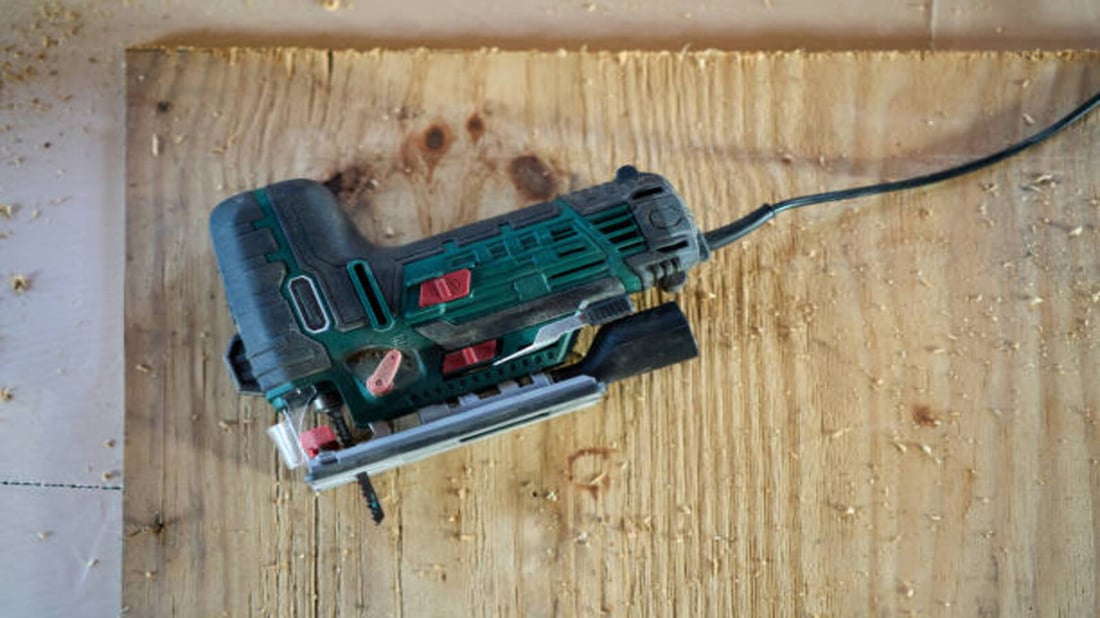Choosing the Ideal Jig Saw Blade for Industrial Use
Navigating the ryobi jig saw blade Selection
Picking the right Ryobi jig saw blade is vital for ensuring efficient, precise, and cost-effective industrial operations. Several important factors come into play during your selection process.
Blade Material Matters: Ryobi Jig Saw Blade Options
When considering a Ryobi jig saw blade, the material of the blade is key. High-carbon steel Ryobi jig saw blades are perfect for softer materials such as wood. For tougher materials like metals and fiberglass, bi-metal or carbide-tipped Ryobi jig saw blades are the way to go.
Tooth Design and TPI: Crucial for Your Ryobi Jig Saw Blade Choice
The design of the blade's teeth and the teeth per inch (TPI) are critical in your choice of Ryobi jig saw blades. These factors influence cutting speed and the finish quality, making them essential considerations for industrial requirements.
Compatibility with Materials: Ryobi Jig Saw Blade Versatility
Ensuring your chosen Ryobi jig saw blade is compatible with various materials is vital. Match the blade to the material to maximize efficiency and accuracy during your industrial applications.
Consider End-Use and Cutting Speed: Ryobi Jig Saw Blade Efficiency
Take into account the desired output, cutting speed, and finish when selecting a Ryobi jig saw blade. These considerations help identify the optimal blade tailored to your industrial needs.
Ultimately, a careful evaluation of Ryobi jig saw blade options will lead to better, more cost-effective results in your industrial cutting tasks.


